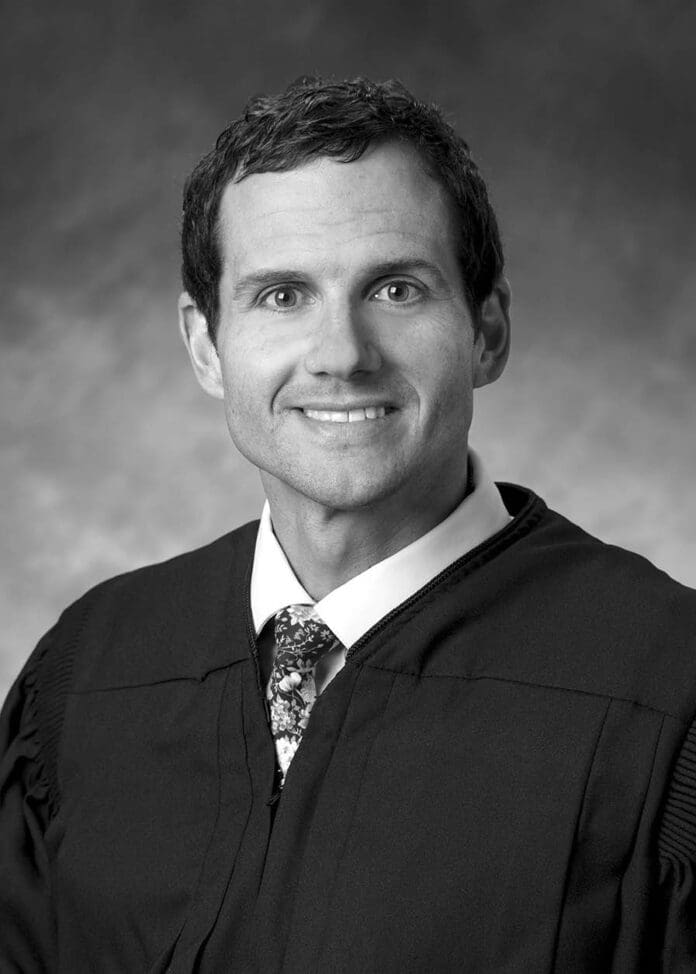Veterans Day carries special meaning in Northeastern Minnesota. Our region has the highest percentage of veterans in the entire state, and that legacy of service runs deep through our communities. Native Americans serve in the armed forces at a higher rate than any other demographic in the country. Silver Bay is home to one of Minnesota’s eight state veterans homes. The South Saint Lou is County Veterans Treatment Court in Duluth is one of eight veterans treatment courts in Minnesota. From Grand Portage to Moose Lake, we live in communities built on loyalty, service, and looking out for one another.
Those same values — helping neighbors, caring for those who served, and restoring lives — are at the heart of the Minnesota Veterans Restorative Justice Act, which became law in 2021. Minnesota was the first state to adopt a comprehensive, state wide approach to restorative justice for veterans. It’s a model grounded in both accountability and compassion — and one that other states are now watching closely.
The Veterans Restorative Justice Act allows eligible veterans who commit certain offenses to enter a deferred prosecution program focused on treatment and rehabilitation rather than punishment alone. It applies to misdemeanors, gross misdemeanors, and felonies ranked at severity level seven or lower under the Minnesota Sentencing Guidelines, while excluding most sexual and serious violent offenses (severity levels eight through 10).
To qualify, a veteran must have a service-related condition such as post-traumatic stress disorder, traumatic brain injury, military sexual trauma, substance-use disorder, or other mental health conditions. The court must find clear and convincing evidence that the veteran’s military service contributed to that condition and that the condition played a role in the offense.
If those requirements are met, the court can, and usually does, defer further proceedings and place the veteran on probation. Probation under the Veterans Restorative Justice Act is not easy. It includes treatment, counseling, education, and close supervision. Veterans must complete mental health and chemical dependency assessments, follow treatment plans, and demonstrate real progress.
At the end of probation, the court holds a hearing to decide whether charges should be dismissed. Crime victims have the right to be heard. The court can dismiss charges only if it finds the veteran complied with all conditions, completed all programming, poses no danger to others, and has shown that dismissal would serve the interests of justice.
This process is not a shortcut. It’s a structured opportunity for accountability, healing, and restoration. It recognizes that service-related trauma can play a role in criminal behavior, and that treatment can be a more effective path to public safety than incarceration alone.
The Veterans Restorative Justice Act matters because it gives struggling veterans a genuine chance to heal and rebuild their lives, helps keep families together and communities safer, balances compassion with accountability, and honors the sacrifices of those who have served our country.
With Veterans Day this month, it’s worth remembering justice can be both firm and humane. The Veterans Restorative Justice Act embodies the best of Minnesota’s values: service, fairness, and care for our neighbors. It reflects our collective belief that when a veteran stumbles, we don’t turn away. We help them find their way home again.
Steve Hanke is a 6th Judicial District judge in the Lake County Courthouse in Two Harbors and in the Cook County Court house in Grand Marais. He is a former deputy Duluth city attorney. His father and grandfathers served in the military.



